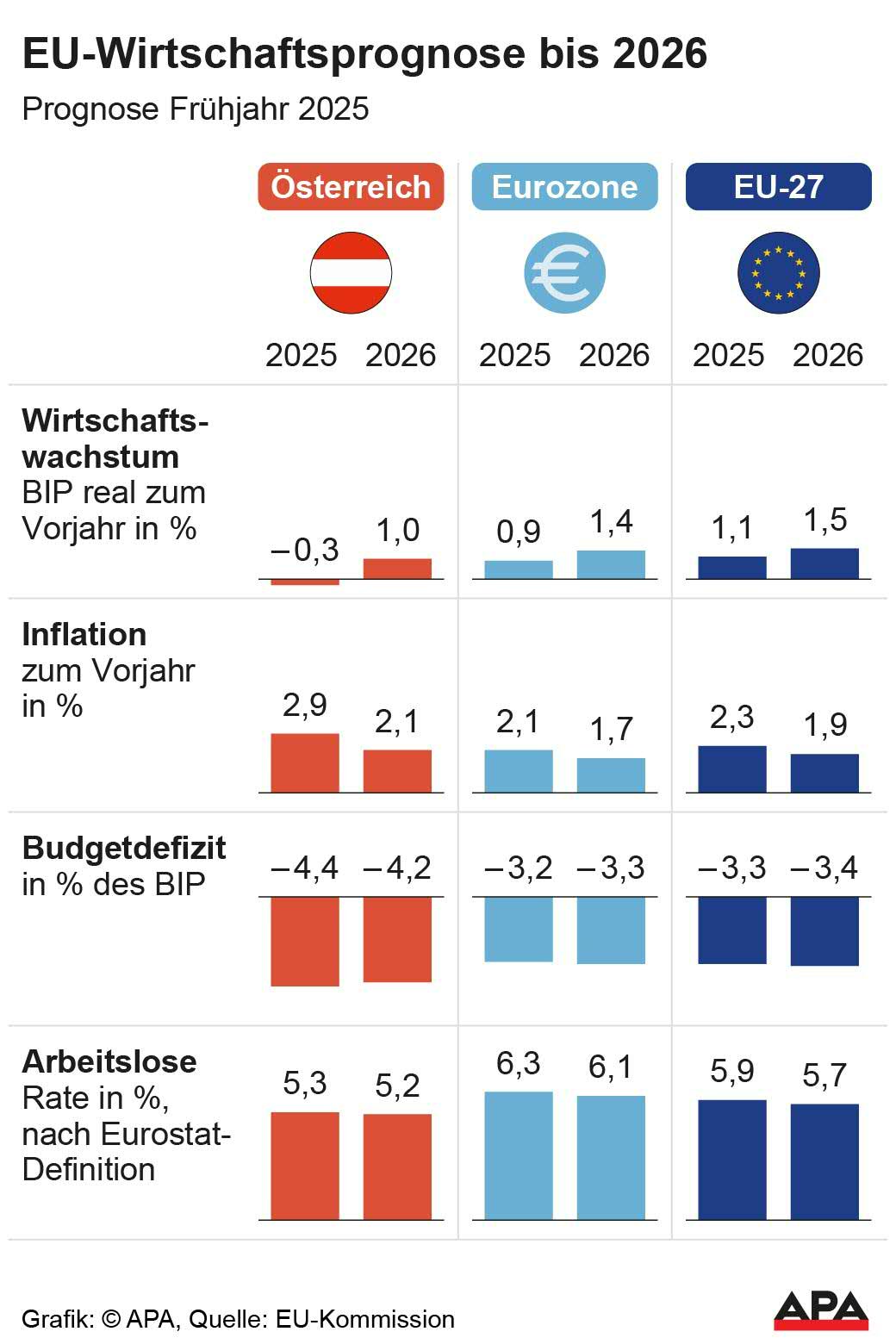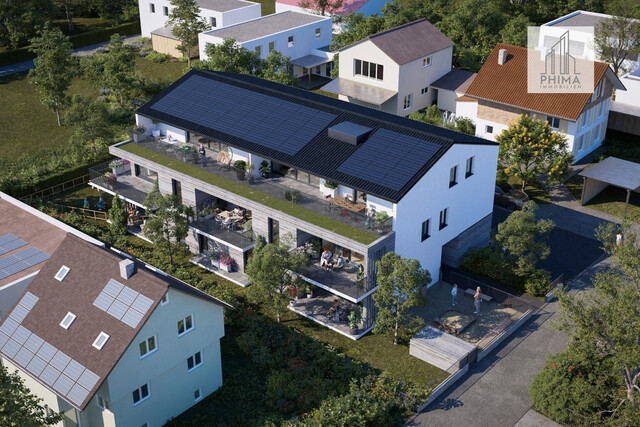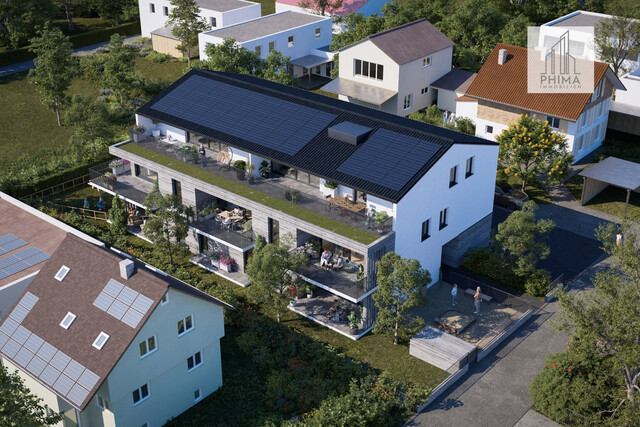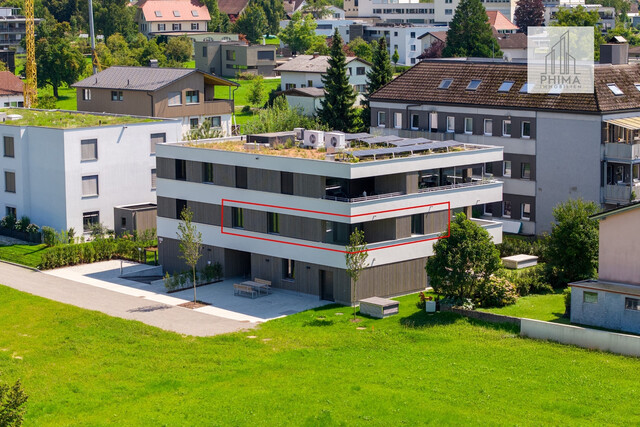EU Commission: Austria on Track in Reducing Deficit

In its spring forecast on Monday, the EU Commission predicts a new debt of 4.4 percent for Austria for the current year and 4.2 percent for the coming year, compared to 4.7 percent in the previous year.
Austria better than expected in deficit reduction
This places Austria slightly better than expected in the EU Commission's assessment: According to the government's plans, the budget deficit should decrease from 4.7 percent last year to 4.5 percent of the gross domestic product (GDP) this year. Next year, it should be 4.2 percent, and by 2028, the government aims to exit the impending EU deficit procedure.

The EU Commission is likely to propose a deficit procedure against Austria shortly. The spring forecast published on Monday is the basis for the EU Commission's assessment. However, the decision on the procedure is expected to be made in July at a council of finance ministers. The EU's Maastricht criteria allow for a new debt of up to 3 percent. Deficit procedures are currently underway against Belgium, France, Hungary, Italy, Malta, Poland, Slovakia, and Romania.
Deficit reduction: Austria relies on a mix of savings and revenues
The Austrian budget consolidation efforts would amount to about 1.1 percent of GDP in 2025, writes the EU Commission in its forecast. On the expenditure side, this includes the abolition of the climate bonus as well as cuts in educational leave and public consumption. However, higher expenditures for public salaries, pensions, and social spending due to inflation adjustments and other age-related costs would continue to significantly burden public finances, thereby considerably reducing the impact of the consolidation package.
On the revenue side, taxes on production and social contributions are expected to contribute to deficit reduction. Some consolidation measures, such as the bank levy, the extension of the energy crisis contribution, and higher health insurance contributions for pensioners, are also expected to bring additional revenue. At the same time, the growth of income and corporate tax revenues will slow down, reducing the impact of the consolidation efforts.
Austria's total debt continues to rise
Against the backdrop of subdued growth, Austria's debt level is expected to continue rising according to the EU Commission's forecast. After 81.8 percent of GDP last year, the public debt ratio is expected to rise to 84.0 percent in 2025 and 85.8 percent in 2026. EU rules stipulate a maximum total debt of 60 percent.
(APA/Red)
This article has been automatically translated, read the original article here.
Du hast einen Hinweis für uns? Oder einen Insider-Tipp, was bei dir in der Gegend gerade passiert? Dann melde dich bei uns, damit wir darüber berichten können.
Wir gehen allen Hinweisen nach, die wir erhalten. Und damit wir schon einen Vorgeschmack und einen guten Überblick bekommen, freuen wir uns über Fotos, Videos oder Texte. Einfach das Formular unten ausfüllen und schon landet dein Tipp bei uns in der Redaktion.
Alternativ kannst du uns direkt über WhatsApp kontaktieren: Zum WhatsApp Chat
Herzlichen Dank für deine Zusendung.








